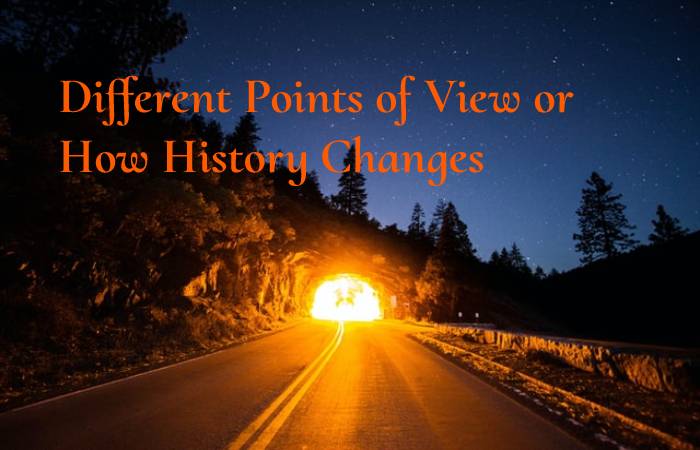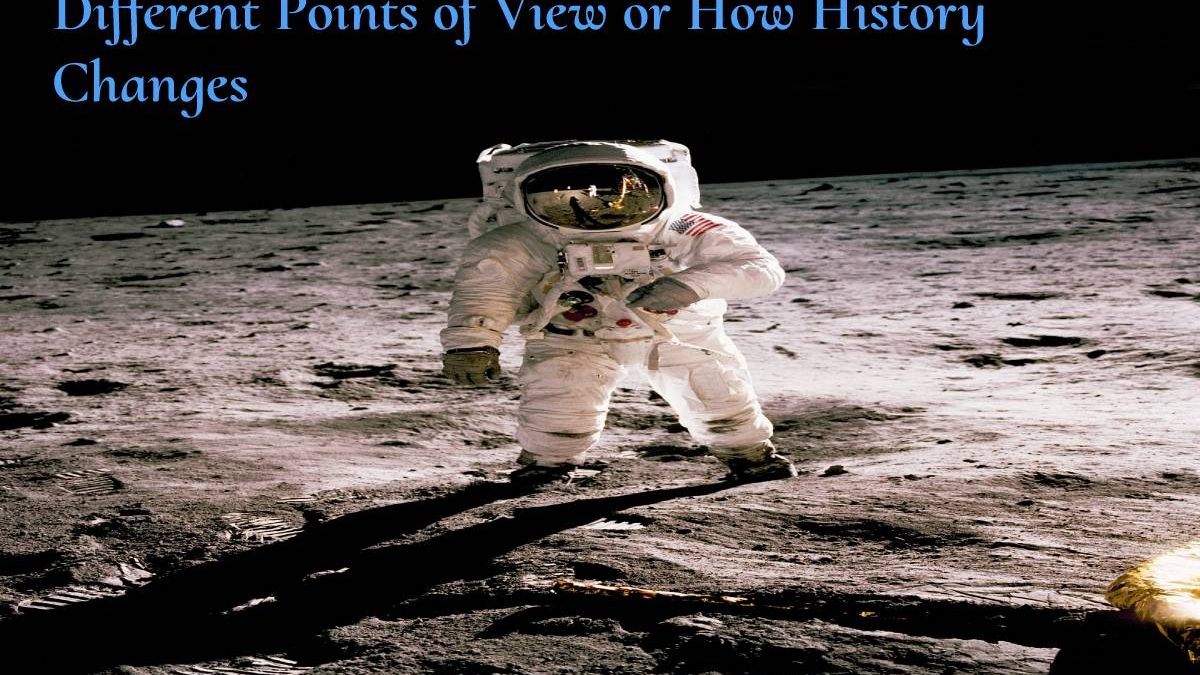We talked about finding your voice as a writer in the previous article. Unfortunately, this is not something that can achieve overnight, far from it, so it is something that you will have to practice until you find the personal voice with which you are most comfortable. If you are absorbed in this theme, you can look at Cultivate your literary talent, a book that focuses precisely on this topic.
Meanwhile, time is passing, and we can’t get behind with our project of writing a novel in a year, so today, we will focus on the points of view in the narration.
Table of Contents
Are you ready?
Different Points of View or How History Changes
If the other day we talked about the voice of the writer, today we will talk about the voice of the narrator, which can sometimes lead to confusion but is not the same thing at all. One thing is the writer and another the narrator, and although many people tend to assimilate one to the other, we must be clear that they are two separate entities. As an author, I can write a story with multiple murderers as the narrator, which doesn’t make me a murderer (as much as I sometimes feel like going out on the street with a machete). The narrator’s opinions do not have to be the same as the author’s, and this is something that often escapes.
Different Points of View or How History Changes
One of the good things about the writer is that he can put himself in the shoes of whoever he wants to use all the resources he wants without limits. And can give life to anything from a baby killer to an adorable older man who sells honey at the market on Saturday mornings. There are no limits, and that’s great, but it seems that it is not so clear with specific sticky topics. No one thinks Charlize Theron is a murderer for having played that role in Monster, but Vladimir Nabokov made face accusations of paedophilia for having written Lolita.
Who tells the Story?

In every Story, there is a narrator, someone who tells it. This narrator can be a character or not, adopt a thousand forms, a thousand voices, a thousand tones. We have total and absolute freedom again, but alas, with all power comes great responsibility. And choosing a good narrator for your Story is not as easy as it might seem at first.
Every Story has numerous points of view, and when writing a novel, we must choose from which of them we want to tell it. Take, for example, Beauty and the Beast. The Story is not going to be the same if we tell it from the point of view of Bella, Gastón or Chips. These three possible points of view will give three different novels, no matter how much the facts are the same. And it is that each character contributes his vision of the world, his knowledge, his prejudices, etc. Belle will focus more on knowing the actual interior of Beast and his desire to live a life outside the boring town; Gastón will be more concerned about not losing his status. As a hot uncle, everything will be seen through his selfish prism. While the Story seen by Chips will have a point of innocence that gives him his condition as a child: the same Story, three different novels.
Of course, we can choose an omniscient narrator, a narrator who knows everything, whatever character is acting at the time, and this is usually one of the most preferred options. Your narrator, a superior entity that speaks in the past tense and the third person. Knows everything that all the characters feel, what happens to them and what they say. Without him needing to be there. He is a bit like a god, who knows everything, sees everything.
Choose The Point of View of a Character
Different Points of View or How History Changes
You can also choose the point of view of a character. And then you will have to take into account that you can only narrate what that character feels and lives directly and that you will not be able to know for sure what others think. Although, of course, yes you can intuit it or make musings. In other words, if you focus on the Story having Bella’s point of view. You can’t make her know what Gastón thinks unless he tells her or shows her. So you have to be careful with this. On many occasions. I find novels with a specific point of view in which the narrator. Suddenly seems to know more than he should. Without any plausible explanation.
Of course, you can also use several different points of view. Just like George RR Martin does in his A Song of Ice and Fire series. Allowing him to have complete control over the vast world he unfolds without using an omniscient narrator. He also makes each chapter have a different point of view. Which makes the novels very dynamic (as dynamic as Martin is, ahem). And we can be aware of everything that happens in Westeros and beyond.
Choosing a narrator for your novel is not something. You should take lightly because using one point of view will give you very different results. The next day we will focus more on the people and times of the narrative. A slightly more hardcore topic but equally necessary. Hence, until then, go thinking about the possible points of view for your novel. Trying to analyze the pros and cons. There is an exercise that I like. And that is telling the same scene from the point of view of different characters. (in the first or third person, that’s your decision, and we’ll see more in-depth in the next post). You can choose a scene from your novel (you should already have a few). A movie or book, or even a classic story. Then, you will see how the Story changes.

